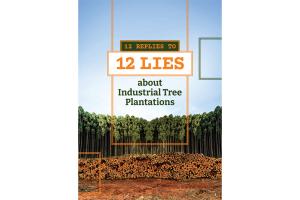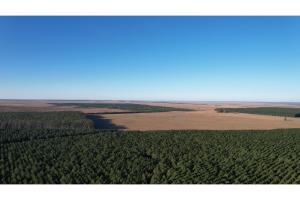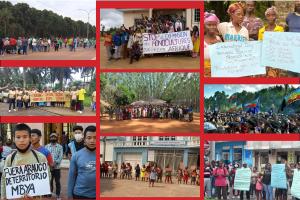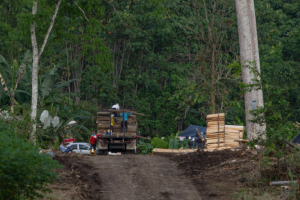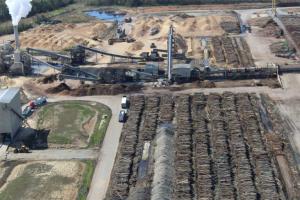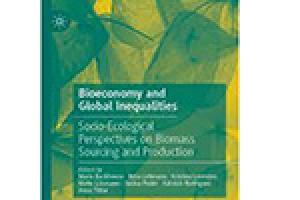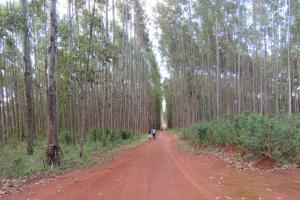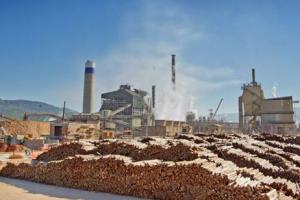Biomass
Woody biomass is marketed as a clean energy, but it is another false solution to the climate crisis. Not only is carbon released when trees are burned; the demand for charcoal for industrial uses, and wood chips and pellets for heating or electricity generation are driving expansion of monoculture tree plantations, particularly in the global South.
Suzano was present at the 2021 UN climate negotiations for one main reason: to promote tree plantations as a ‘solution’ to climate change, under the name of ‘nature-based solutions’. It aims to profiteer ever more from the so-called climate policies.
Balsa wood is an important input for windmills. Ecuador is the world’s largest exporter of this wood. The invasion of millions of wind turbines in China, Europe and the US means the extraction of metals to build them, as well as the brutal felling of balsa wood trees.
Land grabbing in Brazil is a clear example of organized crime, of land theft from small farmers.
In June 2019, a report from the AfDB and WWF Kenya made a call to development-funding agencies, mainly from Europe, and the World Bank, to provide aid money to a new Fund for financing 100,000 hectares of (new) industrial tree plantations, to support the potential development of 500,000 hectares, in Eastern and Southern Africa.
Several of Sappi’s plantations have been converted from pine to eucalyptus trees without authorization. Data obtained in over 75 years to verify timber plantations’ water use demonstrate that eucalyptus trees use 30 to 50% more water than pine trees.
